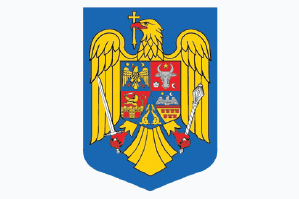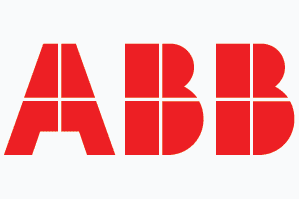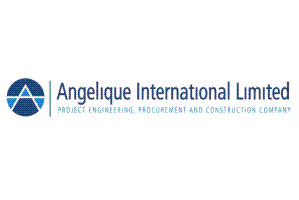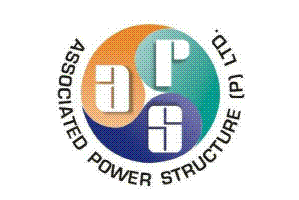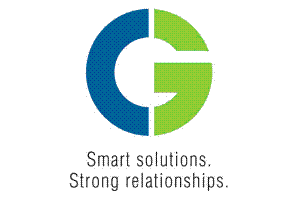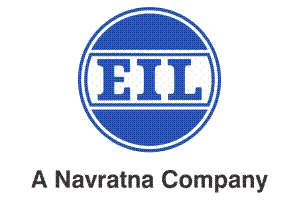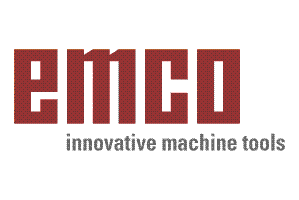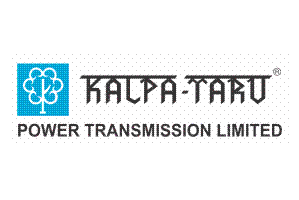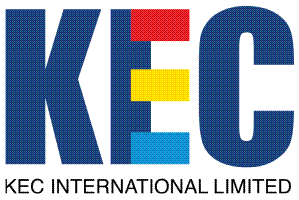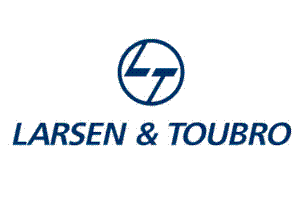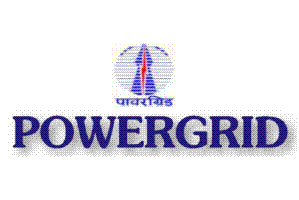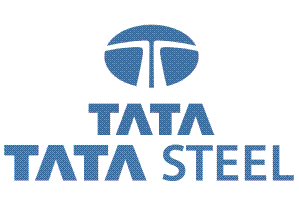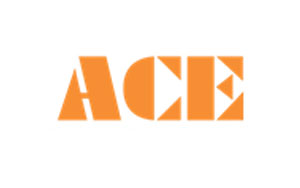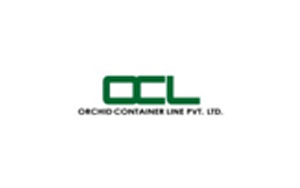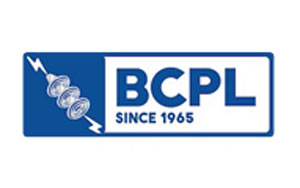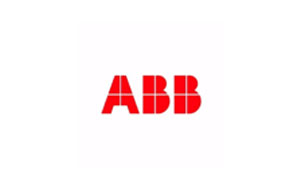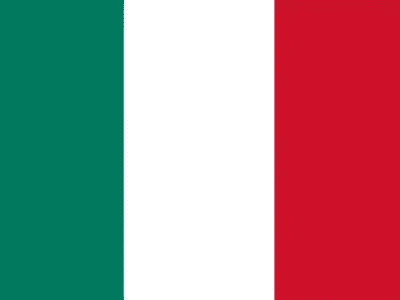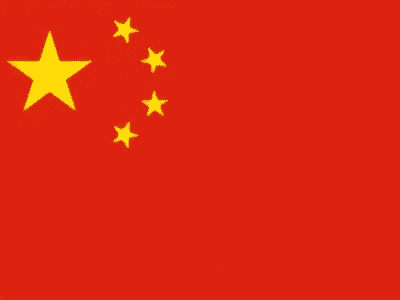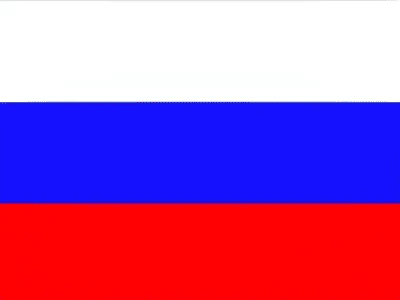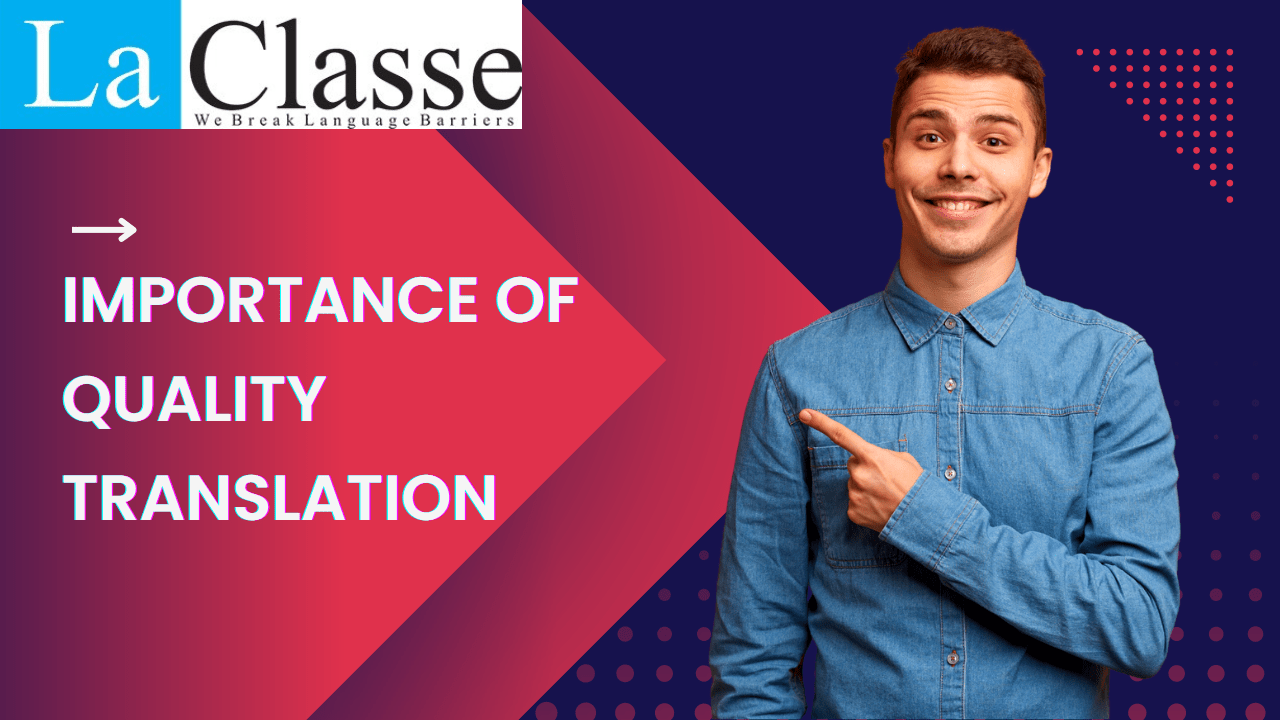
What is translation?
The process of converting text from one language to another can simply be defined as translation. It acts as a bridge among several cultures and breaks all the barriers of communication. In today’s world, you don’t need to go through any hassle in order to get a document of any other language in your language. In today’s world, one can simply locate professional translation services out there on the internet, which offer their services at an affordable price.
The necessity of translation today
We live in a world that is becoming more digitalized day by day. This has paved the way forward for people from different parts of the country to come closer personally and professionally.
Nowadays, the Translation Industry is rising in demand as more and more people want to consume information in their native language. In other words, everyone wants to sell their business globally. The growth of the Internet and communication technology has enabled businesses to connect with their audience. Moreover, both global and local companies have switched their content strategies to include regional content, creating a need for content in multiple languages thus, bringing a rise in the translation industry.
International companies like Google, Microsoft, Facebook, and many more are flourishing in India because they are using language translation services to reach their audience in different parts of India. On top of that, industries like film, music, tourism, etc have hugely benefited from translation. Translated and subtitled films today generate more revenue than ever for both the Indian and International global film industry. Moreover, translating music, films, literature, and various other art forms allows artists to gain more audience and popularity.
But, what is the significance of quality in translation?
A poor or unsatisfactory translation devalues your product, your service and the quality of your company. For example:- a small difference in context of translated document and original document can often create huge misunderstandings regarding your business or principles. Conversely, a high-quality and accurate professional translation enhances the attraction of your company and makes your products more user-friendly for your clients and customers. Therefore, Quality translation should convey the tone and message of the original text as accurately as possible. It should also take into account the regional and cultural factors of the target audience.
Translation quality is the degree to which a translation meets predefined standards or requirements. In order to ascertain that the translation is of optimum quality, it must contain the following three elements:-
- Accuracy
- Acceptability
- Readability
However, the reality is that the chances of difference in context is very high as there is a huge gap between the traditions and understandings of two different cultures. Thus , obtaining a translation that is accurate and true to the cultural context requires a skilled translator.
A good translator should have good research skills and good attention to detail. Without a good attention to detail, there’s more room for mistakes in their translations.in order to eradicate the scope for mistakes a translator must have following qualities:-
- Advanced language knowledge
You can’t translate something unless you understand it. That level of understanding requires advanced, near native level, knowledge of your source language
2. Excellent writing skills
You must be creative with your words and be able to write across a variety of text styles – promotional and marketing, formal/legal, casual, technical, etc
3. In-depth cultural knowledge
Good translators have a deep understanding of both source and target culture that’s general cultural knowledge like values systems and how people view the world and culture-specific aspects like pastimes, customs, etc. You’ll often need cultural knowledge to grasp the significance or implication of text you’re translating and understanding the differences between your source and target language cultures will alert you to text that won’t work well or will have reduced impact when translated.
4. Sound research skills
Translators are always researching things – wording, meanings, vocab, jargon, background info. The more efficiently you can do it the better
5. Sound translation judgment
Good translators must make consistently good translation decisions on vocabulary and structures to use, when to be more literal / freer, what and how much to research, etc
6. Computing and CAT skills
In this world of digitization you’ll need to have good command of commonly used office programs – Word, Excel, PowerPoint, etc.
Ways to implement quality assurance in translation
- Tracking and handling errors
Identifying errors is just the first step in quality assurance. Once all issues have been collected, they can now be easily fixed regardless of the nature of error.
- Using style guides to review translations
Many institutions, organizations, and even governments have their own style guides.one must review those guides regularly which help control how language is used by specifying things such as the desired tone and formats.




